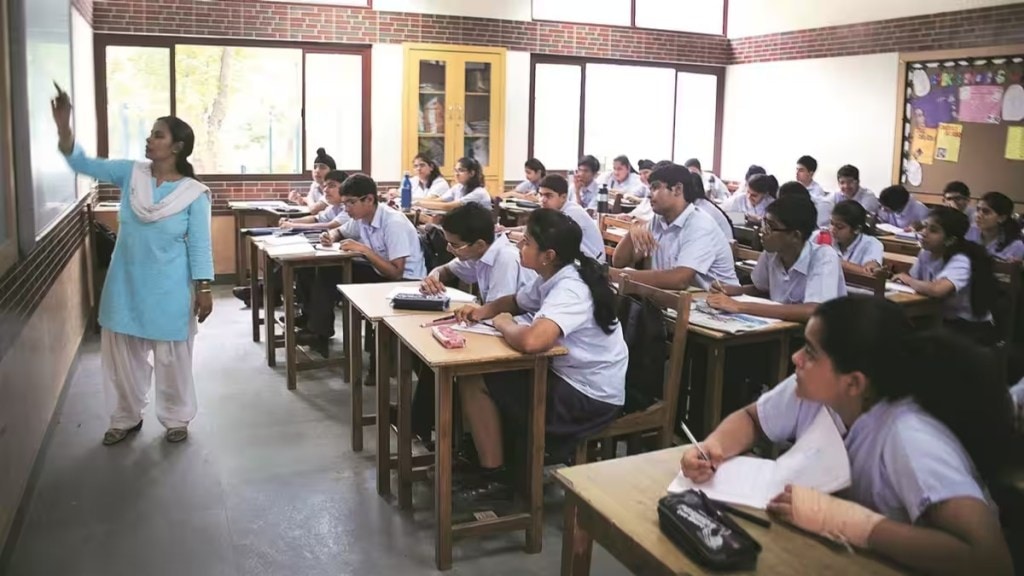Early this month, the Social Science committee of the National Council of Educational Research and Training (NCERT) recommended that ‘India’ should be referred to as ‘Bharat’ in all Social Science textbooks for students up to grade 12th. “Our institution fully acknowledges and adheres to the educational authorities’ decisions concerning curriculum alterations. The shift from ‘India’ to ‘Bharat’ in Social Science textbooks represents a noteworthy initiative aimed at embracing our cultural legacy. While this change might spark discussions, we are committed to teaching the updated content with the utmost sensitivity, ensuring a seamless transition,” Shalini Nambiar, director principal, Seth Anandram Jaipuria School, told FE Education.
Interestingly, this is not the first time that the government has used Bharat as opposed to India. At the G20 summit, guests invited to the President’s dinner received an invite mentioning Bharat.
However, students call this move cosmetic rather than as real change. “I believe that altering names is not the essential change needed in the Indian education system. There are numerous aspects that need to be reformed and this suggestion seems to prioritise political agendas over educational objectives,” a master’s student said on the condition of anonymity.
Nonetheless, institutions have been quick to adopt the new recommendation from NCERT “There won’t be any major changes. Our constitution commences with the phrase ‘India that is Bharat,’ indicating that the name ‘Bharat’ was already in the minds of our founding fathers when they drafted the constitution. Historical evidence from ancient times corroborates that the original name of the country was ‘Bharat,’ and it was only later, influenced by Europe, that it came to be known as ‘India,’” Anoop Singh, head of department-humanities, Genesis Global School, Noida.
It is believed that this move will not have an immediate impact but will instead exert a long-term influence on our approach to studying history and culture. Ultimately, it is expected to reinforce the perception that Bharat has maintained its status as a civilised state for thousands of years. “As a forward-thinking institution, we value the input of all stakeholders when considering any curriculum changes. Additionally, the government and relevant authorities will be responsible for shaping the actual steps or plans for any transition,” Singh explained when required about what steps the institution takes to ensure a smooth transition to this change.
Interestingly, experts point out that this debate was nonexistent until the announcement of a coalition comprising all 28 political parties in India, spearheaded by the Indian National Congress. The coalition adopted the name ‘Indian National Developmental Inclusive Alliances (India).’ “ I believe that such a recommendation from the NCERT may not yield the desired results. The crucial focus should not be on engaging in debates about the names ‘India’ and ‘Bharat.’ Instead, our collective priority should be to convey a resounding message to our fellow countrymen about how to work towards the betterment of society and to nurture the ideals of peace and prosperity,” Eqbal Ahmad, visiting professor, Jamia Hamdard University, said.
